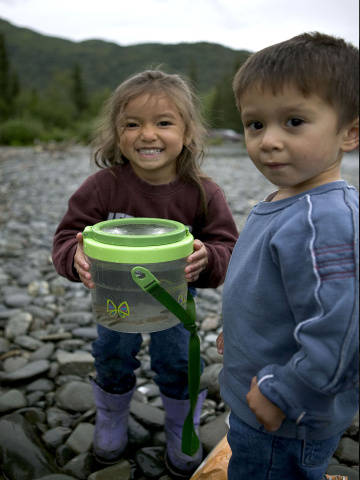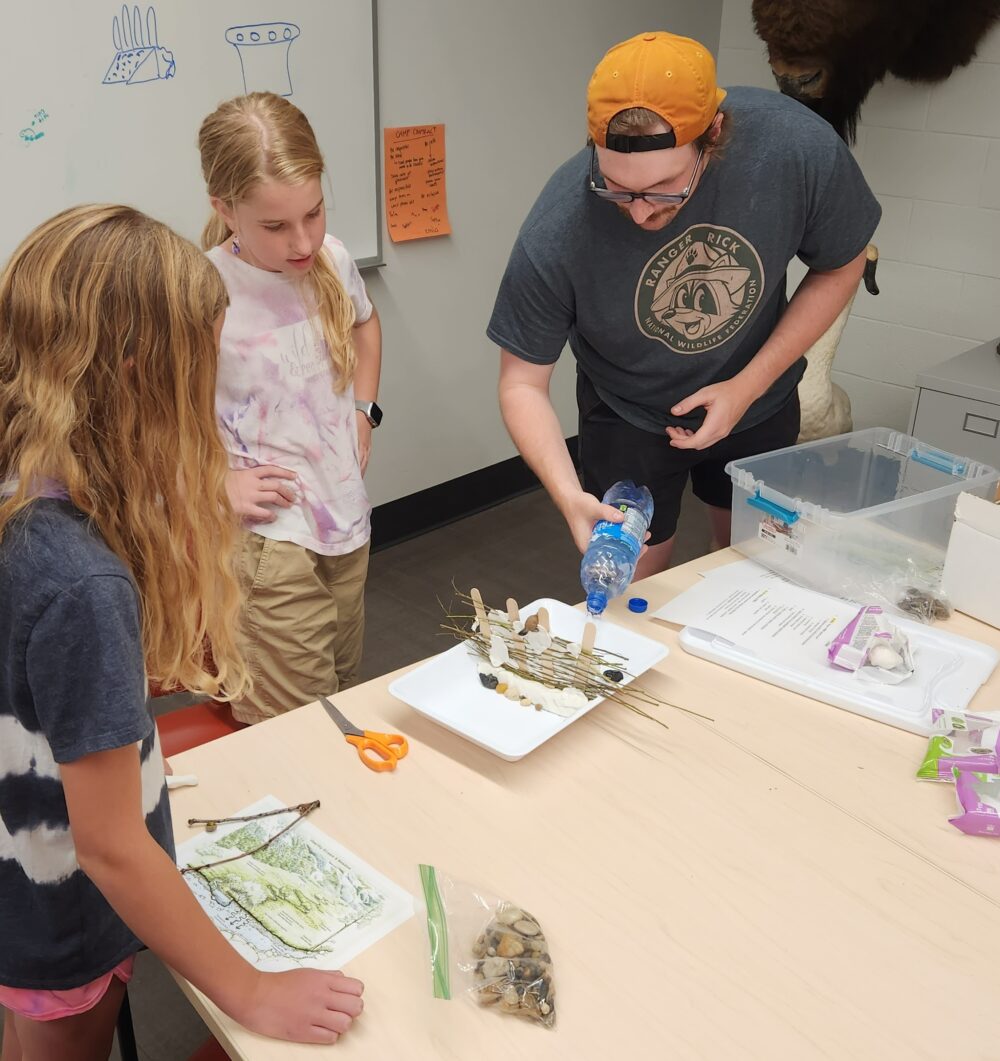We have much more to do and your continued support is needed now more than ever.
Want to Raise Environmentalists? Let Your Kids Go “Wild”

Researchers at Cornell University—using data from a U.S. Department of Agriculture Forest Service survey of childhood nature experiences and current environmental attitudes—say that there is a strong correlation between a childhood spent in nature and later environmentalism.
In the survey, more than 2,000 adults were asked questions about how much time they had spent in outdoor play—both in “wild” nature and in “domesticated” nature activities such as gardening. They were also asked about their environmental attitudes and behavior such as recycling, spending time outdoors and voting for candidates based on their environmental positions.
Wilderness Exposure Can Create a Strong Bond to Nature
Interestingly, the “play” aspect seemed to be at least as important as the “wild” aspect: Participation in organized scout groups and formal environmental education programs seemed to have little effect on adult environmental attitudes and behavior. And people who reported spending time alone in nature—rather than with friends, parents or teachers—were much more likely to be environmentalists as adults.
“We’re not entirely sure how to interpret that,” says the paper’s lead author, Nancy Wells. “It may be that there is something important about being alone in nature.” Or, she adds, it could indicate that children do not respond as positively to programmed or structured activities as they do to unsupervised play.
At the beginning of their research, Wells and her coauthor, Kristi Lekies, hypothesized that children who grew up exposed to nature—either wild or domesticated—would grow up to be more environmentally conscious than other children. But they found that the connection was far stronger for those children who were exposed specifically to wilderness.
Still, Wells says she believes both types of nature have an important place in childhood development. “There’s such a breadth of potential benefits to exposing kids to nature—cognitive, psychological, and I think we can make a link to preventing obesity,” she says. “And now there’s environmentalism, too.”





















